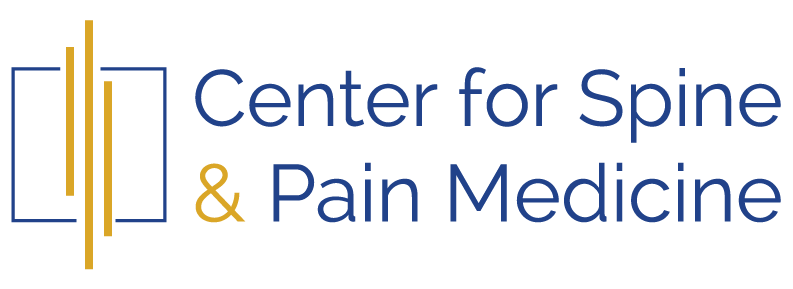
Embrace a Pain-Free New Year: Strategies for Managing Chronic Pain in 2024
Introduction: A New Beginning The start of a new year often symbolizes fresh starts and new opportunities. For those living with chronic pain, it's a chance to reevaluate and adjust your pain management strategies. While chronic pain may not have a one-size-fits-all solution, there are numerous approaches that can significantly improve your quality of life.


Understanding Chronic Pain
Before diving into management strategies, it's crucial to understand what chronic pain is. Chronic pain is persistent discomfort that lasts for weeks, months, or even years. It can result from various medical conditions, injuries, or unknown causes. The first step in managing chronic pain effectively is recognizing and acknowledging its presence.
Setting Realistic Goals
In your journey to a pain-free 2024, it's essential to set achievable goals. These goals can include reducing pain intensity, improving physical function, or enhancing emotional well-being. Setting realistic expectations can help you stay motivated and track your progress effectively.
Exploring Non-Medical Approaches
Diet and Nutrition
The food you consume can have a significant impact on your pain levels. Incorporating an anti-inflammatory diet rich in fruits, vegetables, and whole grains can help reduce inflammation in the body, potentially alleviating pain.
Physical Activity and Exercise
Regular physical activity is essential for managing chronic pain. It releases endorphins, which are natural pain relievers. Tailoring an exercise routine to your specific needs and limitations is key.
Mind-Body Techniques
Practices like yoga, meditation, and deep breathing exercises can help you manage pain by promoting relaxation and reducing stress. These techniques can be powerful tools in your pain management arsenal.
Medical Interventions
Medications
Your healthcare provider may prescribe medications to help manage chronic pain. These can range from over-the-counter pain relievers to more potent medications, depending on the severity of your pain.
Physical Therapy
Physical therapists can design personalized exercise programs and techniques to improve mobility, strength, and reduce pain. Regular physical therapy sessions can be transformative.
Interventional Procedures
For some, interventional procedures like nerve blocks or injections can provide targeted pain relief. Discuss these options with your healthcare provider to determine if they are suitable for you.
Living with Chronic Pain: Coping Mechanisms
Chronic pain can be emotionally challenging. It's essential to develop coping mechanisms to deal with the emotional toll it can take. Seeking therapy or counseling can be highly beneficial.
The Importance of Emotional Well-being
Emotional well-being plays a crucial role in pain management. Stress, anxiety, and depression can exacerbate pain. Practicing mindfulness and seeking support can help improve your emotional health.
Building a Support System
Don't underestimate the power of a support system. Friends and family who understand and empathize with your pain can provide invaluable emotional support.
Looking Ahead: Your Pain-Free Journey in 2024
As you embark on your journey towards a pain-free life in 2024, remember that you're not alone. With the right strategies, support, and mindset, you can effectively manage chronic pain and improve your overall well-being.
Frequently Asked Questions
- How can I manage chronic pain without relying on medications?
Managing chronic pain without medications involves a multifaceted approach, including lifestyle changes, physical therapy, and alternative therapies. Consult with your healthcare provider to develop a personalized plan.
- What lifestyle changes can I make to reduce pain levels?
Adopting an anti-inflammatory diet, engaging in regular physical activity, practicing stress-reduction techniques, and ensuring proper sleep are lifestyle changes that can help reduce pain levels.
- Are there alternative therapies that can help with chronic pain?
Yes, alternative therapies such as acupuncture, chiropractic care, and massage therapy have been found to be effective in managing chronic pain for some individuals.
- How can I communicate my pain effectively with my healthcare provider?
Keeping a pain diary, describing the pain's location, intensity, and any triggers, and openly discussing your pain experiences with your healthcare provider can help improve communication.
- What role does mental health play in managing chronic pain?
Mental health is closely intertwined with chronic pain. Conditions like anxiety and depression can worsen pain symptoms. Seeking therapy and practicing stress management techniques are essential for overall pain management.
In conclusion, 2024 offers a fresh start for managing chronic pain. By understanding the nature of chronic pain, setting realistic goals, and exploring various strategies, you can embrace a pain-free new year and look forward to a brighter, healthier future.


